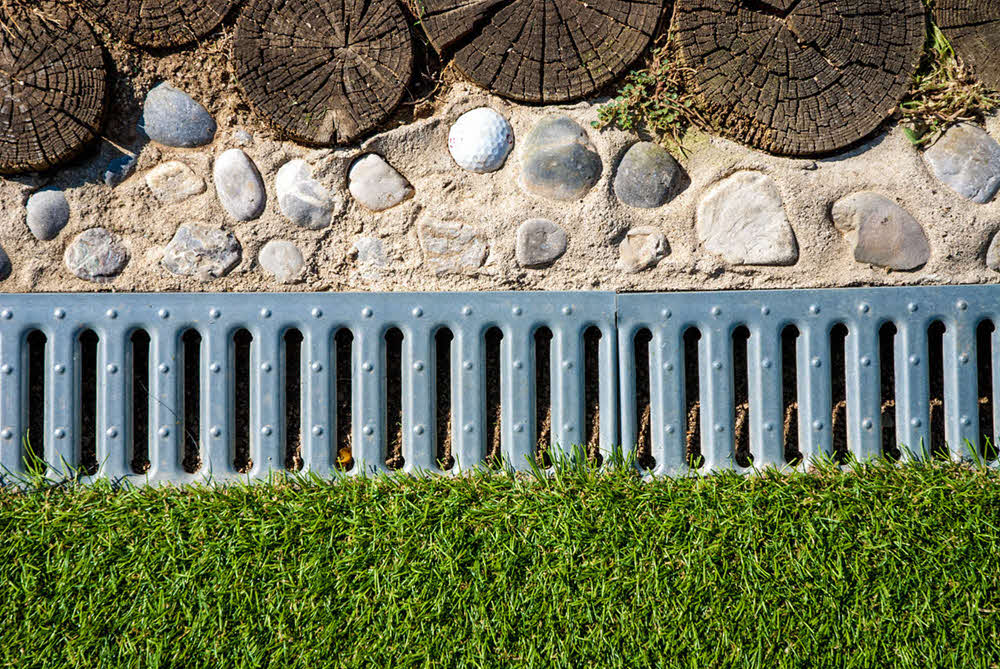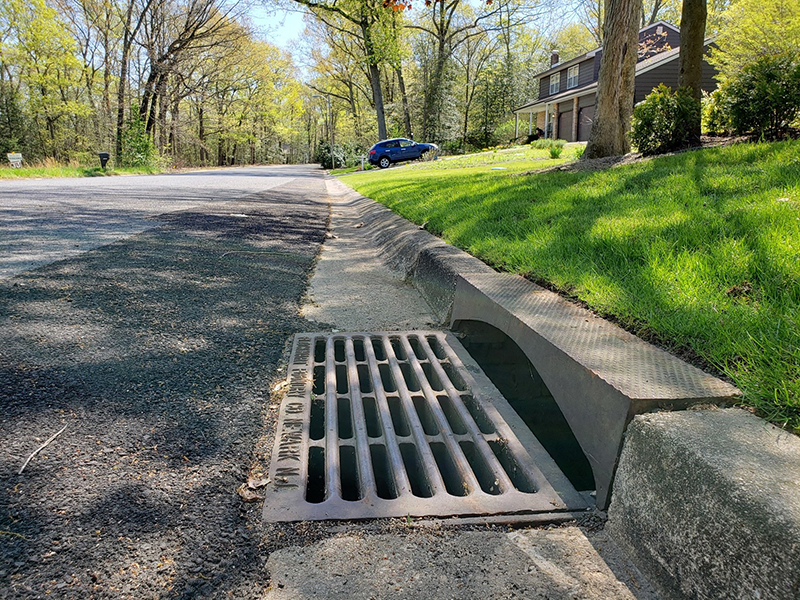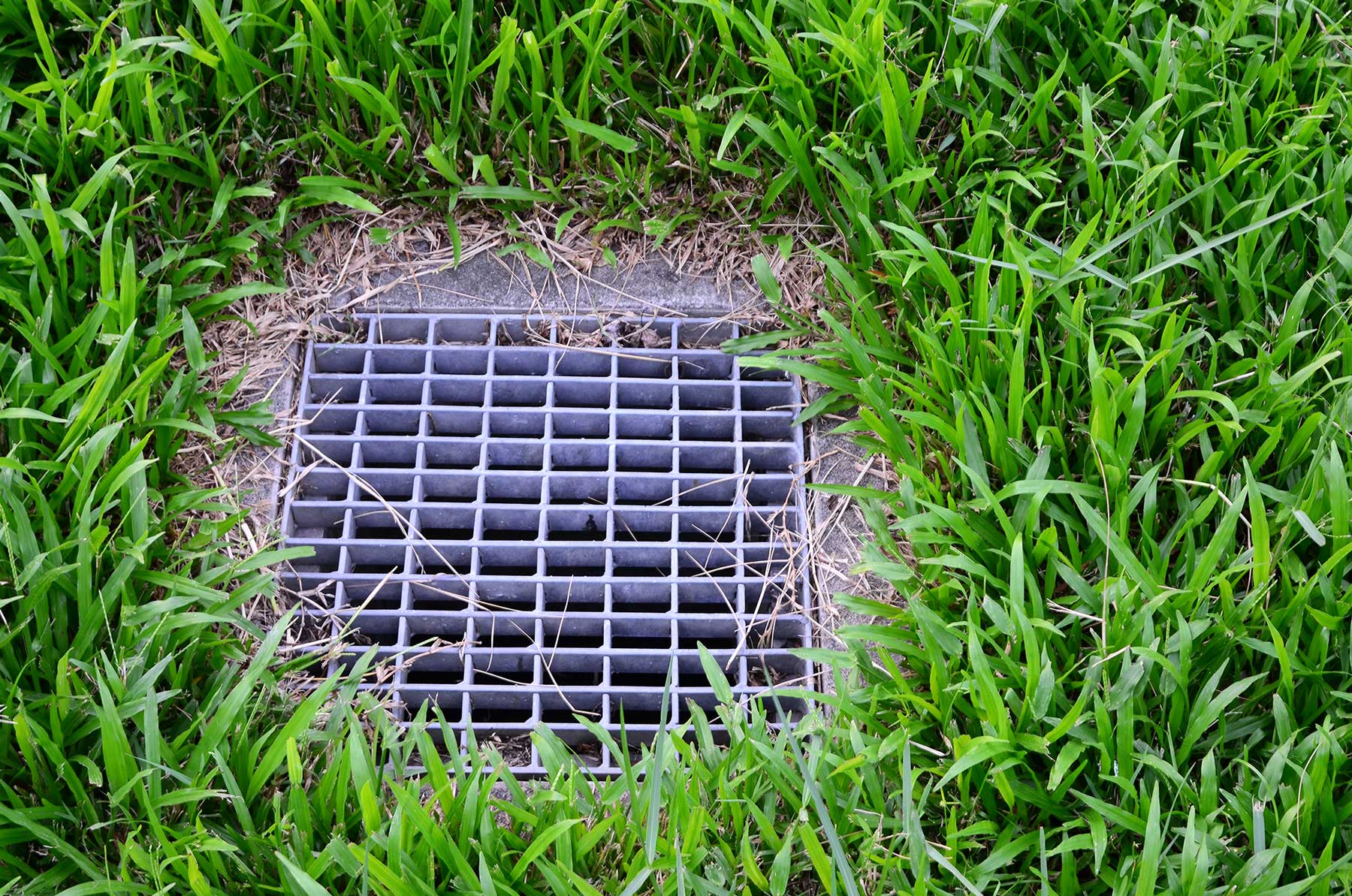Residential Storm Drain Servicesin Rochester Hills MI
Residential Storm Drain Solutions to Protect Your Home from Water Damage
We Are Locally Owned & Operated For Over 37 Years
Contact Us Today!
We Serve Businesses In And Around The Following Cities:
About Residential Storm Drain Services
An Insight into Residential Storm Drain in Rochester Hills
The management of stormwater in commercial properties is a crucial aspect that shouldn’t be overlooked, particularly in cities like Rochester Hills where rainfall can be intense. One key aspect of managing stormwater is through establishing a reliable residential storm drain system. These systems play a significant role in channeling and diverting excess rain and groundwater efficiently and reducing common water-associated nuisances.
Facilitating the flow of water effectively means less waterlogging and minimizes property damages. But the benefits extend further than just circumventing property damage. A properly designed storm drain can contribute to a more resilient living environment, conveying multiple aesthetic and practical benefits.
This comprehensive guide steps you through the process of setting up a residential storm drain at commercial properties, explores the associated benefits and provides practical insights via real-world applications.
The Process of Implementing a Residential Storm Drain System
Implementing a residential storm drain system begins with an inspection of the property’s current drainage layout. Specialists from companies like D&J Contracting carefully study the landforms and contours to understand the natural path of water flow. They evaluate the soil type, groundwater levels, and the property’s exposure to external water sources. This thorough inspection guides the design of the drain system to be most effective.
The next step involves a strategic design. This involves placement of various storm drain components such as catch basins and grates around the driveway, yard and, in some cases, even in the basement. The storm drain design seeks to control water runoff and direct it safely away from the property.
Once the design is in place, the implementation phase commences. This entails various aspects such as the digging of trenches, installation of pipes, grates and catch basins. It’s a process that demands professional know-how and precision. Companies like D&J Contracting excel in implementing these systems, overseeing every aspect of the job and ensuring it adheres to city codes and property aesthetics.
Benefits of Residential Storm Drain Systems
Residential storm drain systems offer significant benefits, particularly for commercial properties in areas like Rochester Hills that are prone to heavy rainfall. The most evident advantage of these systems is the prevention of flooding. By channelling water away from the property, they ensure your yard, driveway and even basement remain dry and safe.
Another crucial benefit is the preservation of the property’s structural integrity. Water buildup can lead to various issues such as soil erosion, which threatens the foundation of the property. A backyard storm drain can mitigate such risks, contributing to the longevity of the building.
Moreover, these flood controls systems are also valuable in preventing waterborne diseases and pests, which often become rampant in areas of water stagnation. It helps to keep the premises healthy and safe for its occupants. Plus, a well-implemented residential storm drain enhances the aesthetic appeal of the property, making it more desirable in the eyes of potential buyers or tenants.
Real-world Applications and Practical Insights
To illustrate the impact and utility of storm drains, consider the instance of a large commercial property in Rochester Hills. This property faced frequent issues of yard flooding and waterlogging, causing damage to the landscape and creating an unsightly muddle. On consulting with professionals from D&J Contracting, they implemented a custom-designed residential storm drain system.
The storm drain system included strategically placed catch basins in the yard, a comprehensive gutter system, and a storm drain in the driveway. Soon after the implementation, the property saw an immense improvement. Its issues with waterlogging disappeared, the yard stayed dry, and driveways remained accessible even after heavy rainfall. This approach notably improved the functionality and aesthetics of the property. The commercial property, which was a frequent victim of waterlogging, transformed after the storm drain intervention, emphasizing the practical use and profound impact of proper residential storm drain systems.
Similar experiences are echoed by several other commercial property owners in Rochester Hills who have embraced the expertise of professionals in the field to implement robust residential storm drain systems.
In conclusion, developing a residential storm drain system for commercial properties can significantly streamline the management of stormwater. These setups are especially beneficial for properties located in areas often affected by heavy rainfall, like Rochester Hills. By choosing experienced professionals like D&J Contracting, businesses can safeguard their properties from water-related damage and provide a healthier, safer environment for their occupants. It offers an optimal way to balance practicality, cost-effectiveness, and property aesthetics—the cornerstone traits any commercial property owner seek.
Residential Storm Drain Services Gallery


Call Us Today to receive your Free Quote for
Residential Storm Drain in Rochester Hills
Serving: Rochester Hills, Michigan

About Rochester Hills, Michigan
Prior to European settlement, the area now known as Rochester Hills was inhabited by Native Americans, namely the Potawatomi. The Potawatomi depended on the area’s abundant water sources, such as the Clinton River and Paint Creek, to grow crops, fish, and travel. They resided here until the 1807 Treaty of Detroit caused them, along with the Odawa, Wyandot, and Ojibwe peoples, to cede their land in Southeast Michigan.
The first European settler was James Graham who arrived in 1817. Graham and his family reached the area by following trails created by the Sauk Native Americans. Avon Township was organized in 1835. Rochester incorporated as a village within the township in 1869. The township adopted a charter in 1948 under the Home Rule Act. Also in 1948 a post office was established under the name of Brooklands for the area between Auburn Road and Hamlin Road just to the west of Dequindre Road.
In 1966, village residents voted to become the City of Rochester, effective in February 1967. As a result, Rochester residents no longer had to pay property taxes to the township, as it was now a separate municipality.
In 1967, Avon Township filed a petition to become a city. In January 1968, township voters approved the petition to move forward with seeking city status. Three proposed city charters were voted down by residents, the first in March 1969, the second in May 1970, and the third in September 1971. The city of Rochester then sought to annex all of the township, which was unanimously denied by the Michigan Boundary Commission. In 1972, petitions were filed to consolidate Avon Township and Rochester. In April 1974, the consolidation petition lost by 350 votes in the township, while passing by four votes in Rochester. In May 1974, Rochester’s petition to annex 2.2 square miles (5.7 km) of Avon Township was approved by the Michigan Boundary Commission, depriving Avon Township of its largest taxpayer. The township became Avon Charter Township in August 1978. Court challenges to the 1974 annexation continued until November 1981, when the township was ordered to surrender the annexed property. An impending annexation request from the City of Troy, due south, for 300 acres of southeast Avon Township brought the cityhood question to a crisis.
In May 1984, township voters approved a city charter. On November 20, 1984, Avon Township became the City of Rochester Hills. The name of the new city was put to a vote, with the other choice being “Avon Hills.” The name “Rochester Hills” won by a landslide with voters, based on the area’s historical ties to Rochester and the rolling hills in the area. Township Supervisor Earl E. Borden became the first mayor of Rochester Hills.
In June 2024, there was a mass shooting in the city.
According to the United States Census Bureau, the city has a total area of 32.91 square miles (85.24 km), of which 32.82 square miles (85.00 km) is land and 0.09 square miles (0.23 km) (0.27%) is water.
Rochester Hills is bordered to the north by Oakland Charter Township along Dutton Road, to the south by the city of Troy along South Boulevard, to the east by Shelby Township in Macomb County along Dequindre Road, and to the west by the city of Auburn Hills along part of Adams Road. Rochester Hills is also partially bordered by the city of Rochester to the east. Elevations in the city range from 690 feet (210 m) above sea level in the southeastern portion of the city to 1,032 feet (315 m) in the northwestern section.
- Stony Creek is a neighborhood on the northeast end of the city on the border with Rochester at 42°41′46″N 83°06′43″W / 42.69611°N 83.11194°W.
- Yates is on the boundary with Rochester and Shelby Township, Oakland County (42°40′25″N 83°05′45″W / 42.67361°N 83.09583°W ; Elevation: 669 ft./204 m.).
| Census | Pop. | Note | %± |
|---|---|---|---|
| 1990 | 61,766 | — | |
| 2000 | 68,825 | 11.4% | |
| 2010 | 70,995 | 3.2% | |
| 2020 | 76,300 | 7.5% | |
| U.S. Decennial Census | |||
As of the 2020 census, there were 76,293 people, in 28,766 households, residing in the city. The population density was 2,359.9 inhabitants per square mile (911.2/km). The racial makeup of the city was 79.6% White, 12.8% Asian, 3.7% African American, 2.9% from two or more races, and 0.1% Native American. Hispanic or Latino of any race were 5.6% of the population. 19.8% of the population was foreign-born.
There were 28,766 households, and the median household income was $99,666. 4.2% of persons were living in poverty. 77.4% of residents lived in owner-occupied housing units.
Between 2000 and 2010, the Asian population in Rochester Hills increased to almost 10% of the community’s population, a 61% increase from the 2000 figure. It grew to 12.8% in 2020.
As of the census of 2010, there were 70,995 people, 27,578 households, and 19,308 families residing in the city. The population density was 2,163.2 inhabitants per square mile (835.2/km). There were 29,494 housing units at an average density of 898.7 per square mile (347.0/km). The racial makeup of the city was 89.1% White, 2.5% African American, 0.2% Native American, 4.5% Asian, 0.7% from other races, and 1.9% from two or more races. Hispanic or Latino of any race were 1.1% of the population.
There were 27,578 households of which 33.2% had children under the age of 18 living with them, 59.2% were married couples living together, 8.1% had a female householder with no husband present, 2.8% had a male householder with no wife present, and 30.0% were non-families. 25.7% of all households were made up of individuals and 10.3% had someone living alone who was 65 years of age or older. The average household size was 2.53 and the average family size was 3.08.
The median age in the city was 40.9 years. 23.7% of residents were under the age of 18; 7.7% were between the ages of 18 and 24; 24.6% were from 25 to 44; 30.3% were from 45 to 64; and 13.8% were 65 years of age or older. The gender makeup of the city was 48.4% male and 51.6% female.
Rochester Hills has a mayor-council government. The Rochester Hills City Council consists of seven Council Members: four district members and three at-large members. They are elected to four-year terms and, due to term limiting, can serve no more than two terms for a maximum of eight years. However, there are no limits on how many times the mayor can run for re-election as a write-in candidate.
Rochester Hills does not have a police department, so the city’s police services are provided by the Oakland County Sheriff’s Office. The 52nd District Court Division Three is also located in Rochester Hills.
In the 2020 United States presidential election in Michigan, 23,173 (50.67%) votes went to Joseph Biden and 21,680 (47.4%) votes were cast for Donald Trump.
Federally, Rochester Hills is split between Michigan’s 8th congressional district, represented by Democrat Elissa Slotkin, and Michigan’s 11th congressional district, represented by Democrat Haley Stevens. However, as of 2023, Rochester Hills will be appended to the Macomb County-centered Michigan’s 10th congressional district.
Rochester Community Schools serve most of the city. Rochester Adams High School, Rochester High School, and Stoney Creek High School are in Rochester Hills. The city also hosts college and graduate-level programs in various disciplines at Oakland University and Rochester Christian University.
Some portions of the city, however, are in the Avondale School District. Much of the ASD portion of Rochester Hills is zoned to Deerfield Elementary School, also within the city. Other portions are zoned to Auburn Elementary School in Auburn Hills and Woodland Elementary School in Troy. All ASD residents are zoned to Avondale Middle School in Rochester Hills and Avondale High School in Auburn Hills. The Meadows School, Avondale Academy, and the ASD transportation department are all in Rochester Hills.
City services include Rochester Hills Public Library. (The neighboring City of Rochester and Oakland Township contract with the City of Rochester Hills to permit their residents’ use of the library.)
The Japanese School of Detroit, a supplementary school for Japanese citizens of school age, at one time had its administrative offices in the former Oakland Steiner School in Rochester Hills.
Call Us Today to receive your Free Quote for
Residential Storm Drain in Rochester Hills
Related Services in Rochester Hills, Michigan
We Serve Businesses In The Following Zip Codes:
48007, 48015, 48021, 48026, 48035, 48036, 48038, 48042, 48043, 48044, 48045, 48046, 48047, 48048, 48050, 48051, 48066, 48071, 48080, 48081, 48082, 48083, 48084, 48085, 48088, 48089, 48090, 48091, 48092, 48093, 48098, 48099, 48225, 48230, 48236, 48310, 48311, 48312, 48313, 48314, 48315, 48316, 48317, 48318, 48397